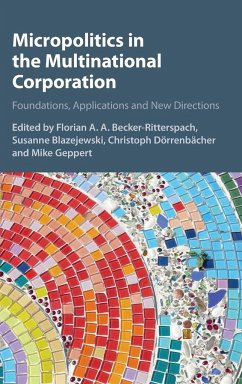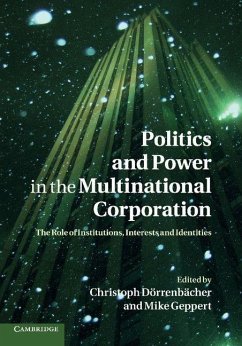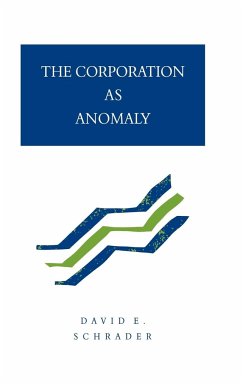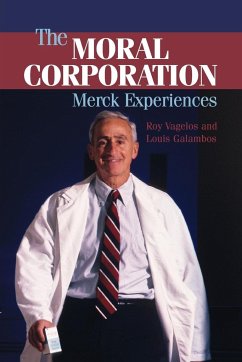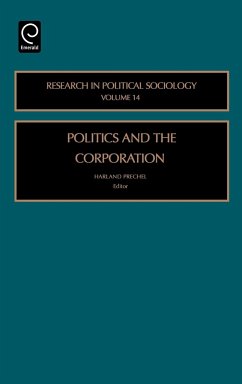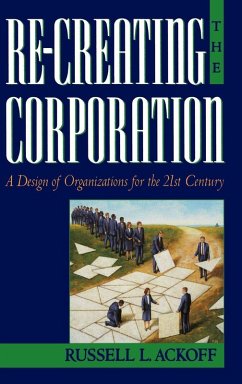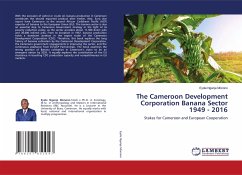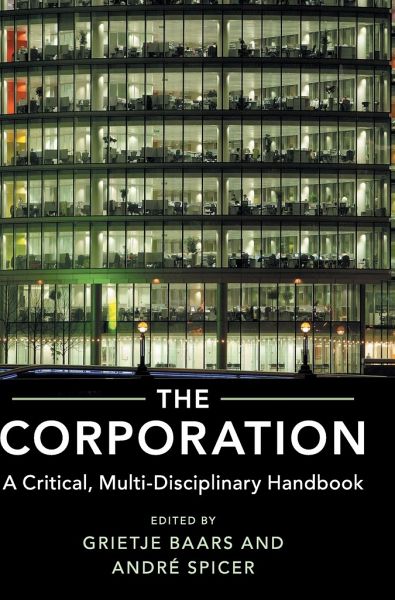
The Corporation
Versandkostenfrei!
Versandfertig in 1-2 Wochen
140,99 €
inkl. MwSt.
Weitere Ausgaben:

PAYBACK Punkte
70 °P sammeln!
The corporation has become an increasingly dominant force in contemporary society. However, comprehensive, in-depth analysis of the concept of the corporation is often restricted, or limited to one disciplinary approach. This handbook brings together the cutting-edge scholarship, expertise and insight of leading scholars in a wide range of disciplines, notably management studies, law, history, political science, anthropology, sociology and criminology, using a critical approach to dissect and understand the corporation. Ten chapters provide overviews of the state of play of critical scholarshi...
The corporation has become an increasingly dominant force in contemporary society. However, comprehensive, in-depth analysis of the concept of the corporation is often restricted, or limited to one disciplinary approach. This handbook brings together the cutting-edge scholarship, expertise and insight of leading scholars in a wide range of disciplines, notably management studies, law, history, political science, anthropology, sociology and criminology, using a critical approach to dissect and understand the corporation. Ten chapters provide overviews of the state of play of critical scholarship on the corporation in each of these disciplines. Further contributors tackle current hot topics, such as corporate social responsibility, corporate crime, global value chains, financialization, and the interaction between corporations and communities. Finally, they consider resistance and alternatives to the corporation. With its interdisciplinary approach, this book is an invaluable resource for all readers studying the past, present and future of the corporation.





